Frequently asked questions
Q . Why would I need a doula?
The NHS today is under a lot of stress and sadly that means that sometimes pregnant women do not get the continuity of care that they should.
The NHS has guidelines and policies to adhere to which means more work for already stretched midwives and support workers.
Having a doula means you have someone you’re familiar with ‘in your corner’ helping you to feel empowered to advocate for yourself to get your needs and wishes met.
Continuous birth support from a doula during birth has shown:
A 39% decrease in the risk of Caesarean section.
A 15% increase in the likelihood of a spontaneous vaginal birth.
10% decrease in the use of any medications for pain relief.
A shorter labour by 41mins on average.
A 38% decrease in low Apgar score for baby at 5 mins old.
A 31% decrease in the risk of dissatisfaction.
As your doula I will listen to you, validate you, hold space for you to share what you need and signpost you to reliable sources of information.
Source: https://evidencebasedbirth.com/the-evidence-for-doulas/
Q . How many births have you attended?
I have been very fortunate to have been present for a couple of hundred births over the course of 14 years working in a busy NHS maternity ward as a maternity support worker.
I realise just how important support is when you’ve had your baby. The time when the midwife leaves the room to do her notes or when there's a handover and a new midwife comes into the room and you have to build rapport.
I’m aware of how noisy , bright, and overwhelming a postnatal ward can be especially when you’re there and not quite sure how long you will be there . I’m there to be there for you, your partner, and your baby without the pressure of time.
I have also witnessed twin and triplet births as well as supporting birthing people with disabilities, mental health, and additional needs.
I have also cared for parents whose baby is in NICU and so have some experience of what that journey could look like.
I have worked on a labour, antenatal and postnatal ward being present during physiological, instrumental, and caesarean births.
Q . What made you become a doula?
Growing up from a young age I always loved the idea of being a mummy. I joined the NHS in 2005 as a health care assistant. Skip to 2009 and my husband and I had our first daughter, and it felt so isolating. My mum sadly died when I was a child and I really missed having someone close who knew what it felt like.
None of my friends had babies yet and I felt very lonely. After my second daughter I began working on a maternity unit and met a couple of doulas along the way.
When our 4th daughter was born I thought about becoming a doula but I never got past the point of thinking about it. I then worked in a midwife led unit for a year.
I knew that being a doula was what I wanted to do and then decided in 2025 to do the training to be accredited which I did with ‘Nurturing birth’.
I’m so pleased I made the leap, I love looking after women and their familles and seeing them flourish as mothers is such a privilege and a joy.
Q . What kind of doula are you?
My approach is empathetic, evidence based support, with a calm, unobtrusive presence. I am good at listening so you are heard, held and find birth fascinating. You can only do birth once and I feel passionate about helping people have the confidence to achieve the births they want.
I am good at 'reading the room' and feel this is a really important skill especially during labour. As a doula I support you antenatally postnatally and during your birth.
I draw on my own experience not only through my job roles but having birthed and breastfed 4 babies and having first hand experience of different births and I find this can help new parents know they’re not alone on their journeys.
Q . What if I don’t want to breastfeed?
It is sometimes assumed that having a doula means you have to breastfeed, and that’s not the case.
A lot of my role in my previous job was breastfeeding support and I saw and heard the pressures that still exist around breastfeeding.
Don’t be afraid to tell your birth doula or your midwife of your feeding preference. You don’t need to give a reason - just that your intention is to bottle feed.
As your doula I will support you and listen to you to meet your needs and wishes.
Breastfeeding is not for everyone and if you feel that way don’t feel pressured to do certain things such as how you feed your baby.
As Dr Sara Wickham says “Your body, Your baby, your decisions”.
Q . Do you offer home visits?
I certainly do. Face-to-face visits are very important. All my plans come with home visits. I also offer single add-on visits for addition time and support. My services can be seen here.
Q . Do you offer virtual sessions?
I can do virtual support via video call. I would strongly suggest that face-to-face sessions are best. However, there are a range of circumstances where video calls or phone calls can be very helpful. Please see my packages page.
